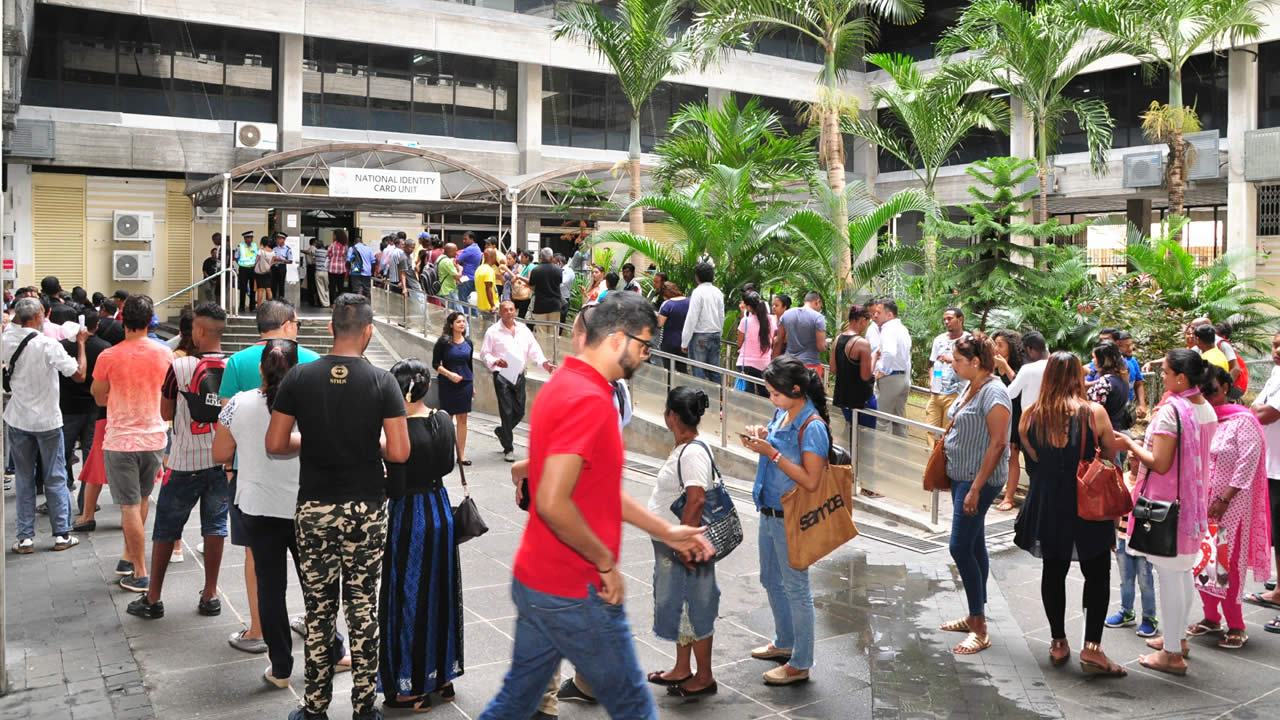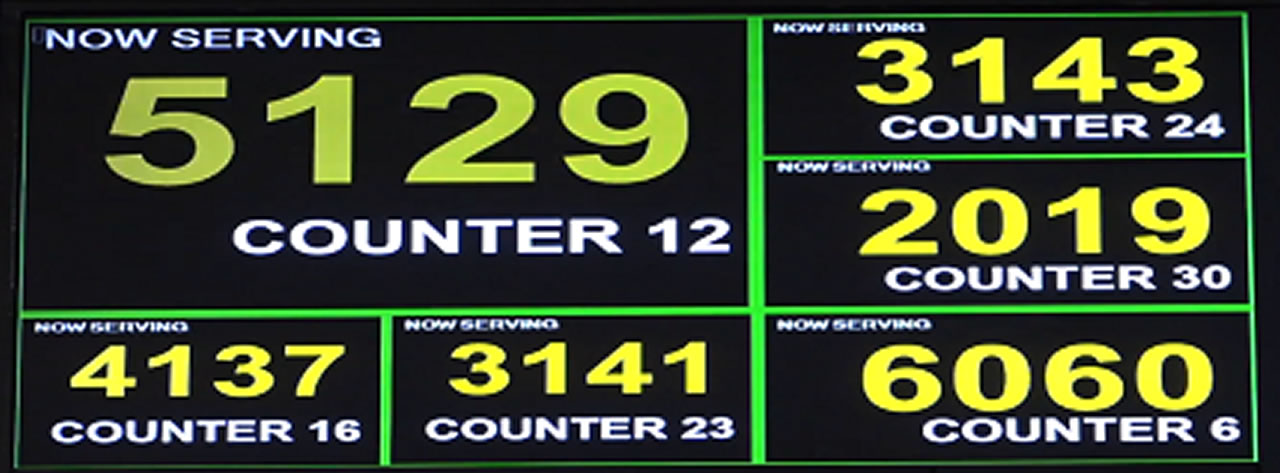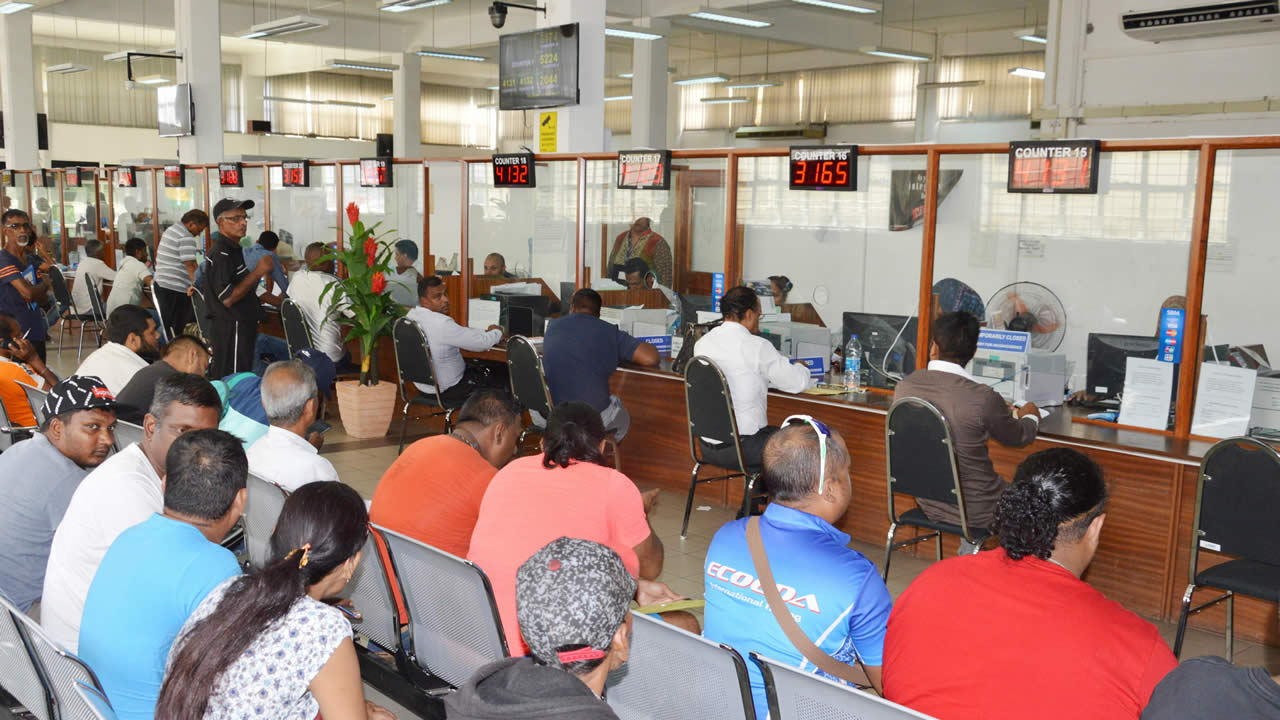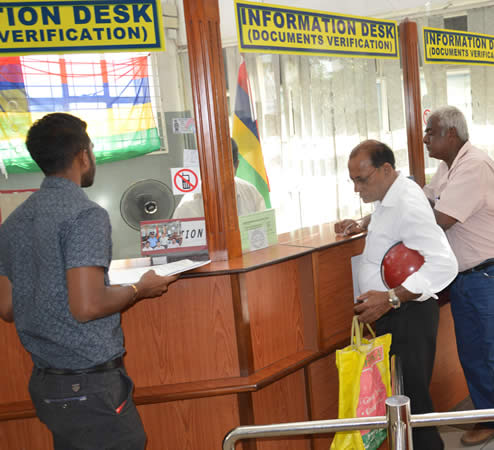
The Prime Minister in his last Budget announced the future introduction of a People Facilitation Bill to eliminate red tape in the public sector in a bid to improve citizens’ lives. He also mentioned the enactment of a new Business Facilitation Bill, to further improve the investment climate. But what are the main bureaucratic ills that affect the general public?
Introduce a People Facilitation Bill to eradicate administrative bottlenecks across the public sector to make citizens’ daily life easy: This was an important element of the recent 2019/2020 Budget, in addition to the forthcoming third Business Facilitation Act to further simplify investment-related procedures for permits and licences applications. Indeed, successive governments have always advocated the elimination of unnecessary procedures to facilitate entrepreneurship, but it has almost never realised that red tape also affects common citizens in their personal life dealings with public sector departments. Hence the idea of a ‘People Facilitation Bill’ to see how to improve the situation drastically!
However, the Prime Minister recently told Parliament that such a bill would take time because the drafting of such a law requires a thorough evaluation of all current public services, the present administrative and financial structure, the existing legislations and the impact of consequential amendments.

It was in this context that the Government had previously launched the Citizens Support Unit (CSU) in April 2017 to deal with public grievances about the issues they face with public services. Thus, this unit has so far received more than 85,000 complaints and already solved about 80% of them. Under the current Citizens Support system, all citizens who have an administrative issue can file a complaint either online on the CSU website or in person by visiting any of the 35 ‘Citizens Advice Bureaux’ or 95 post offices of the island. But what are the main administrative hurdles that frustrate citizens? We list some examples below.
First, there is often a complete lack of effective communication. The person who files an application or a request is never kept informed of developments. While we are talking about e-services provided by some departments as well as the e-licensing platform, the fact remains that many public departments do not even answer the phone! Worse, if one manages to have someone at the end of the line, either that person does not have any clue about the query, or he or she sends you on a wild goose chase by referring you to a half a dozen officers without you ever reaching the appropriate contact person. Similarly, some departments take days or weeks to reply to emails. Some do not reply at all. Some keep asking the same information over and over again. In some cases, your file even gets lost, as is the case with a disabled child going for treatment abroad but who cannot get a copy of his medical record from the hospital because his file is missing! But there are also highly effective public departments where requests are processed quickly and officers take the trouble to communicate to clients at each step to inform of updates and assist them diligently in a great spirit of customer care.
Birth certificate: Bring your stamp
You line up to apply for a birth certificate, and finally your turn comes. At the very moment when you think you are at the end of the wait, the officer asks you if you have brought ... a postage stamp of Rs 25! Unfortunately, they do not sell stamps on the spot, so you will now have to queue at the post office (if there is one nearby) and come back and wait again for your turn at the Civil Status Office! As you wonder why the office did not stock up stamps for customers or simply use a franking machine, you suddenly ask yourself: But why do we have to affix a postage stamp on a birth certificate? Fortunately the Prime Minister has announced the introduction of online services for birth certificates application. Let’s hope they don’t ask you to download a copy and then affix your stamp on it!
The NTA: The cradle of bureaucratic hurdles
The National Transport Authority is perhaps one of the worst institutions featuring excessive and sometimes illogical regulatory hurdles. For example, to sell your car, you have to waste a day queuing for a ‘Certificat de Gage sans Deplacement’. This is basically a document issued to the owner of a vehicle when his vehicle is being sold to certify whether or not the vehicle is burdened with a lien.
The purpose of such a certificate is to protect the buyer so that he is aware of any lien on the vehicle. But it’s absurd, in the sense that the signed deed of sale document must be presented to obtain the certificate. This means that the buyer would have already paid the vendor before even knowing the content of the famous ‘paper gage’. So where is customer protection? In any case, any inscribed lien would have shown up on the registration book, so why this useless duplicate process?
This procedure on its own engages a high proportion of human resources of the NTA and force thousands of people to queue up every day, with disastrous consequences of these unnecessary trips on road congestion at the south entrance of Port Louis.
If you lose your vehicle registration book, you must first call at the NTA to obtain a copy of the entries by paying Rs 200, and then report the loss to the police (now you cannot go to the police station nearest to the NTA, as they will ask you to go to the police station of your area of residence, so if you have come from Grand Gaube or Mahebourg, then you better apply for another three days leave from work), collect the police memo and come back to the NTA to complete the formalities. This might take you a few working days, depending on the crowd in the waiting room. But your misery does not end there. While the NTA website says that, in the case of a company’s vehicle, the company representative making the application should obtain a letter of authorization from the company, at the NTA counter, an applicant was told that the letter should compulsorily bear the seal of the company, when in fact the law has been amended to make use of company seal optional! To add insult to injury, the officer told the applicant that he should also bring the ID cards of all the Directors of the company! Does the CEO of the NTA really think that company directors have nothing better to do than to come and sit in his waiting room, a whole day just to obtain a duplicate Registration Book?
Concerning the online payment of the road tax, it must be noted that this concerns only a few insurance companies for the time being, until the rest being connected to the computer system.
The title deed
To apply for a CEB or CWA connection, Building and Land Use Permit and a Trade Licence, you must submit a copy of the title deed, a document that can be up to a hundred pages in some cases, to each of these respective departments. Yet, every immovable property in Mauritius now has a Parcel Identification Number (PIN and is listed on the digital cadastral database, a part of the ‘Land Administration Valuation and Information Management System (LAVIMS)’ Project. a). To recall, this landmark project launched in 2008 has cost a whopping Rs 800 million. But we don’t understand why citizens have to keep submitting copies of their title deeds to each and every department when it would have been more effective to simply give the PIN to institutions like the CEB, the CWA or the local authorities! Hopefully the People Facilitation Bill will change this.
Srenewing Trade Licences : a real pain
Our newly elected mayors always say their priorities are to improve refuse collection services or build more social centres. We never hear them saying they will improve their application procedures. At this very moment, there are huge crowds outside all municipalities and district councils because it is time to renew trade licenses. Legally, Trade Licences no longer exist as these were abolished back in 2006, but Trade Fees remain payable. Since 2016, Trade Fees up to Rs 5,000 are exempted, and businesses must still collect their ‘Exemption Certificate’. However, every year it’s the same story, with endless queues and long waiting times. Until the local authorities find a better way to manage these issues, we will have to bear with them.
Family inheritance
Almost every Mauritian family has some sort of inheritance issue at some point in time. Family disputes over property always end up at the Supreme Court. But administrative and judicial procedures in most cases can span over two or more generations, not to mention the fortunes forked out in terms of legal costs. The miserable situation will continue to prevail unless robust reforms to streamline the system are brought about in the interest of citizens. Hopefully, the People Facilitation might address these impediments.

Efficient services do exist
Despite the tedious and frustrating bureaucratic steps that characterise most public sector applications, there are many public services that are really very efficient and provide complete satisfaction to the public. For example, applying for a passport is straightforward and the passport is issued in four working days. Similarly, application procedures for health or fire clearances are very efficient, with clear guidelines and simple easy to follow procedures. At the Companies Division, one can incorporate a new company in 24 hours online. The Mauritius Revenue Authority also offers excellent online services for most features. Applying for a Driving Licence and undergoing various tests (whether for car, bus, goods vehicle etc) is very user-friendly and transparent.

When foreign investors face Catch-22 situations
The Government wants to boost investment in Mauritius by attracting more and more foreign investors to our shores. However, among the many obstacles faced by non-citizens is the Catch-22 situation regarding opening a bank account. Investors cannot open a local bank account without their residence permit, but they can obtain their residence permit only after showing proof of transfer of funds to Mauritius. Similarly, a company cannot open a corporate bank account without a Trade Licence but the company first needs a bank account in order to manage its monetary transactions towards getting the licence. It seems banks are not playing their roles but they claim they are simply following guidelines from the Central Bank. Until the authorities review procedures, investors will continue beating around the bush, and this is not conducive to improving our Doing Business rankings.
Third Business Facilitation Bill: A saviour?
After the Business Facilitation Act of 2006 and that of 2017, the Prime Minister and Minister of Finance intends to come up with a third similar legislation very soon. The objective is to give a spur to private investment, in order to build on our recent impressive progress in the World Bank Ease of Doing Business ranking. In fact, the new Business Facilitation Bill will amend nearly 26 legislations. These amendments aim, among others, to expedite the start of businesses; eliminate unnecessary licences and permits; expedite clearances at the port and airport and align with international best practices regarding protection of minority investors and sharing of information. It must be noted that Government is implementing a National E-Licensing System to enable the online application of most permits, licences and clearances. This project is being funded to the tune of Rs 420 million by the European Union.
 J'aime
J'aime














